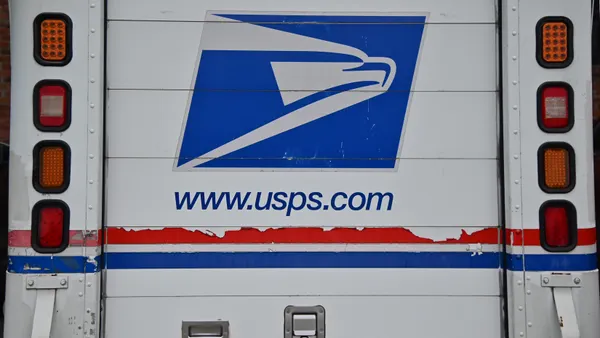Dive Brief:
- The U.S. Department of Labor could take steps to help 401(k) participants better understand the fees they pay as part of their retirement plans, according to the results of a July study by the U.S. Government Accountability Office.
- GAO said it found that nearly 40% of 401(k) plan participants did not fully understand and have difficulties using the fee information DOL requires their plans to provide, while 41% incorrectly believed that they did not pay 401(k) plan fees. This is significant because the agency's past work "has shown even seemingly small fees can significantly reduce participants' retirement savings over time," it said.
- The agency offered five recommendations to DOL, stating that DOL could require that plans provide participants the actual cost of fees paid, fee benchmarks that help participants judge the individual value of investment options and ticker for those options. It also said DOL could require plans to use a consistent term for fees, such as gross expense ratio, and cite a functional DOL web address that provides participants graphical information about the effect of fees on their savings over time.
Dive Insight:
As employees communicate the knowledge gaps they may have about their financial plans, employers also have a part to play in ensuring workers understand their retirement benefits. But that has been a difficult process historically; a 2019 survey of business owners by insurer Nationwide found that more than half said they struggled to communicate with employees about 401(k) plans.
Fees are not the only retirement plan concern. A 2019 survey by Betterment for Business found that about a third of millennial and Generation Z plan participants had dipped into their retirement accounts early. The pandemic made retirement funds even more vulnerable; results of an April survey of U.S. employers by Willis Towers Watson showed 65% had increased access to in-service distributions, which allow employees to take out of their retirement plans without terminating their employment. Others allowed plan participants to defer loan payments.
That is particularly concerning given the findings of a 2018 report by the National Institute on Retirement Security, which said that nearly 60% of workers had $0 in retirement assets. NIRS also found that those who did have money set aside in an employer-sponsored 401(k) or IRA had more than three times the annual income of individuals who did not have retirement accounts.
While GAO's report addresses DOL's requirements for 401(k) plan fee statements, employers can still take actions to evaluate the financial well-being of their workforces. The push to do so has gained publicity in recent months. In July, Just Capital and PayPal launched an interorganizational initiative with a group of firms including Chipotle, Chobani, Verizon and others to assess workers' financial vulnerabilities.













